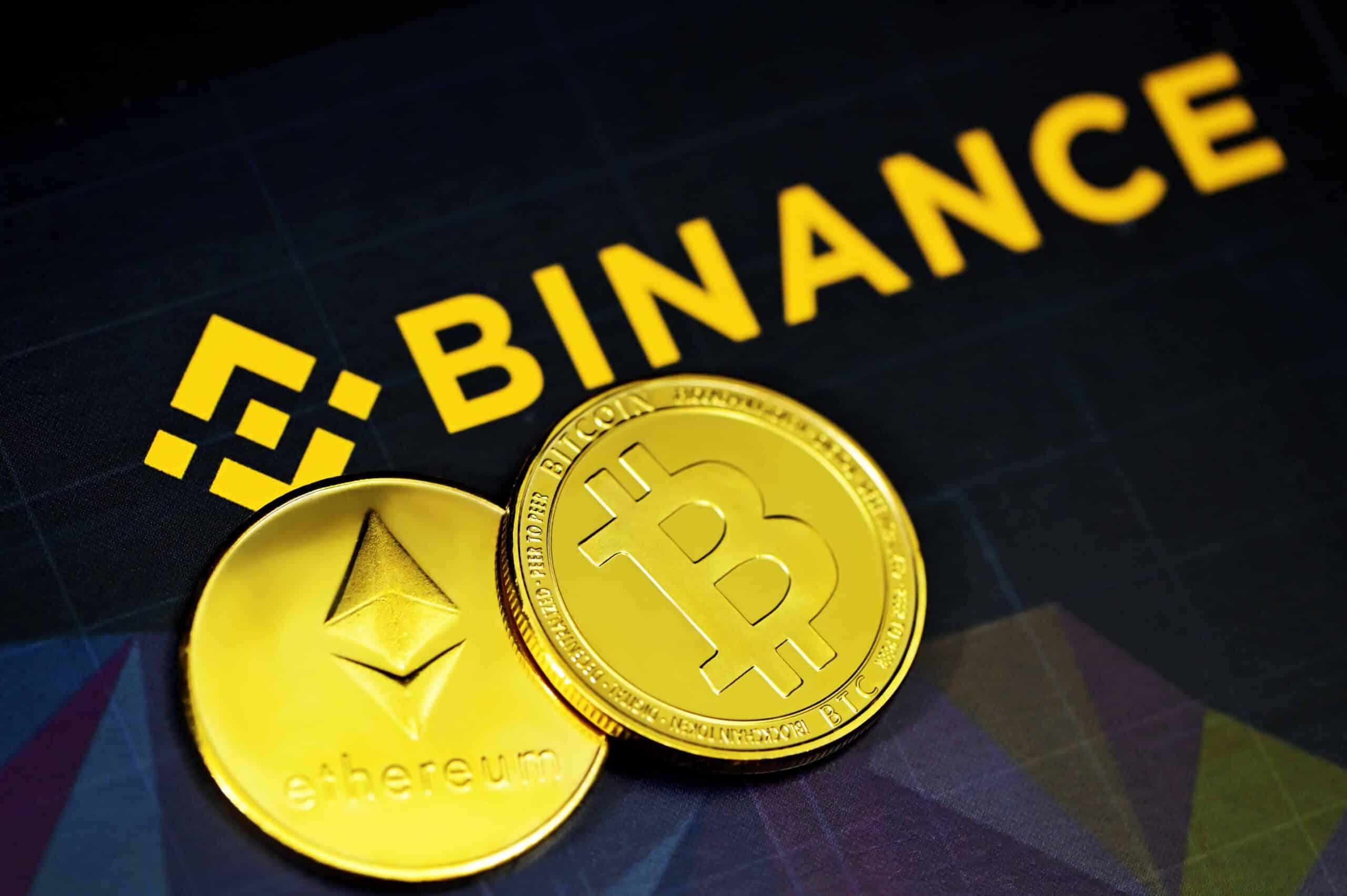The U.S. Securities and Exchange Commission (SEC) has filed an emergency motion for a temporary restraining order to freeze crypto exchange Binance’s assets.
The motion, which was filed on June 6 in the U.S. District Court for the District of Columbia, asks for a freeze on the assets held by Binance, Binance.US, and its CEO Changpeng Zhao.
The request comes after the SEC filed 13 charges against the exchange including the mishandling of customer funds and the sale of unregistered securities. The SEC already asked for a freeze on the assets in the initial enforcement action on Monday.
“The SEC respectfully submits that this relief is necessary on an expedited basis to ensure the safety of customer assets and prevent the dissipation of available assets for any judgment, given the Defendants’ years of violative conduct, disregard of the laws of the United States, evasion of regulatory oversight, and open questions about various financial transfers and the custody and control of customer assets,” said the SEC in the filing.
In response to SEC’s initial charges, Binance said that “all user assets on Binance and Binance affiliate platforms, including Binance.US, are safe and secure” and that it “will vigorously defend against any allegations to the contrary.”
Binance.US then reiterated this message on Twitter in response to the SEC’s injunction calling it “unwarranted” and asserting that the exchange continues to operate as normal.
The SEC’s motion for a temporary restraining order makes several additional requests including that the exchange undertake sworn accounting as well as ordering the repatriation of assets to customers and the expedited delivery of documents.
Binance released a proof-of-reserves report completed by accounting firm Mazars Group last year following the collapse of FTX to help regain investor confidence. However, the exchange did not disclose its liabilities within the report. Mazars then paused its work with crypto clients following criticisms that they did not provide enough details about crypto companies’ liabilities.
At the time, a Binance spokesperson told The Block that multiple large firms, including the Big Four, were currently unwilling to conduct a proof-of-reserves report for a private crypto company. The motion, if approved, could force Binance to have its financial statements publicly audited.



